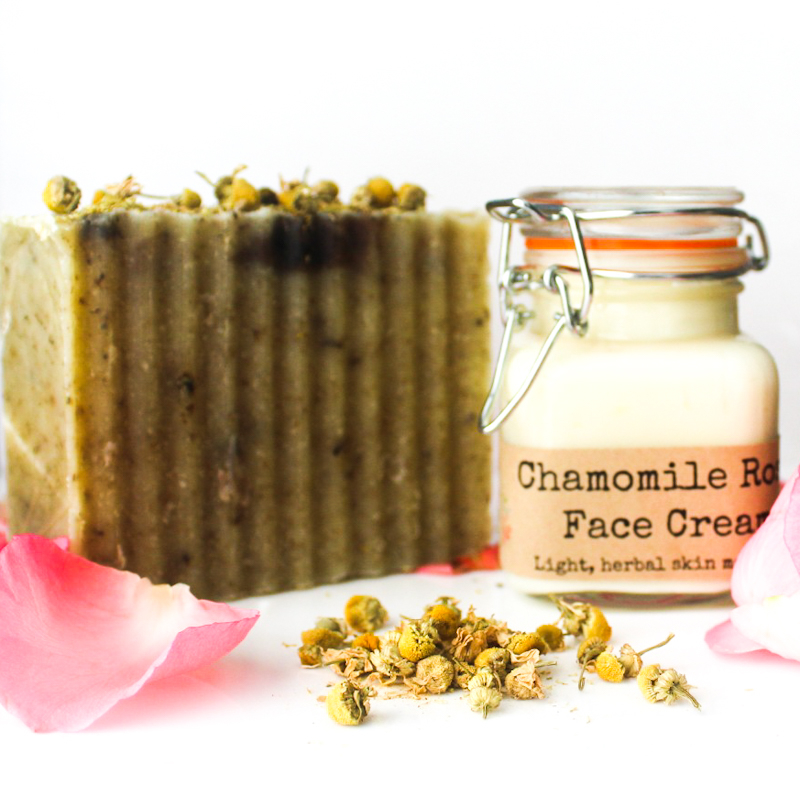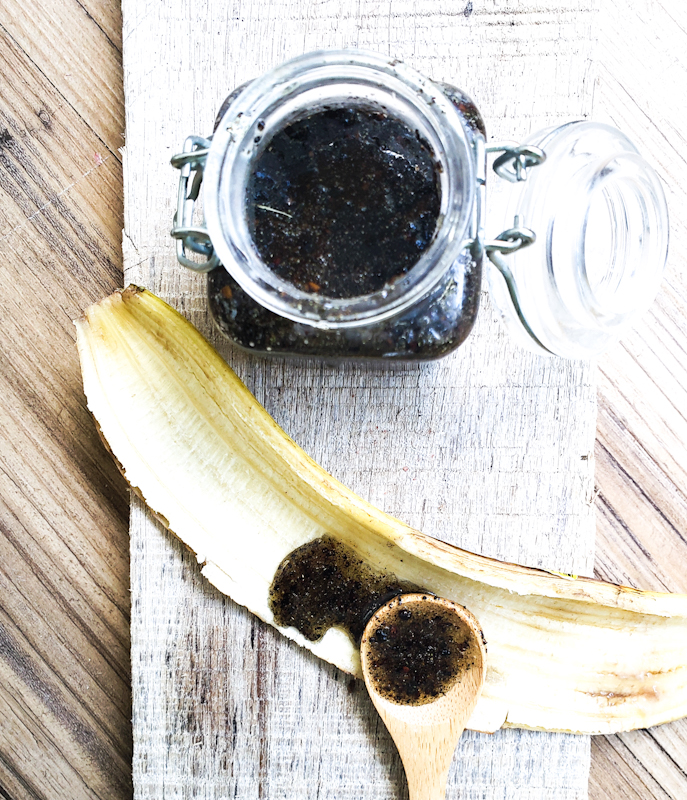Skin Pigmentation - Protect, Balance, and Treat
Melanins are tiny grains of color pigment proteins produced by skin cells called melanocytes that determine skin, hair, and eye color. Melanins help shield skin from sun damage. Genetics, sun exposure, hormonal changes, and medications can all affect the amount of melanin that our skin produces. Sun exposure is the biggest external cause of pigmentation disorders and can make existing pigmentation disorders worse. Approximately 93% of premature extrinsic aging is caused by the sun!
The most common side effects from pigmentation damage include uneven skintone and color changes of skin. HYPERpigmentation is associated with an overproduction of pigment caused by increased melanin (sun exposure, acne, medications, and post-inflammatory skin conditions). This results in tanning, liver spots, or melasma.
HYPOpigementation includes skin conditions associated with loss or lack of pigment, including albinism, vitiligo, and leukoderma.
How to decrease skin changes and treat existing abnormalities:
1. Avoid the sun as much as possible. Big hats, shady trees, and UV protective clothing will be your best friends. Tans are not fashionable, especially as the skin matures.
2. Exfoliation. Natural skin brightening ingredients that are known to reduce pigmentation issues include: bearberry, licorice root, citrus, and lemon. (Find these in the Lemongrass Sage Brightening Scrub)
3. Alpha hydroxy Acids. These natural exfoliators found in ingredients like apple cider vinegar (see my Lemon Tea Tree Face Elixir) help to tone and balance, while dissolving dead skin cells that are no longer beneficial.
4. Don't be too hasty to try anything. Laser treatments and skin bleaching agents such as hydroquinone are NOT natural, may be abrasive, cause long-term skin cell damage, and are controversial. These types of over-exfoliating may cause severe damage and make hyperpigmentation worse, or even lead to hypopigmentation.
5. Recover & Soothe. Apply a concentrated plant-based nightly serum such as Face Petals Secret Serum, that is enriched with pigment-healing oils such as Rose Hips (vitamin C), Sea Buckthorn Berry (beta-carotene), and Helichrysum (scar healing).
6. Totally avoid exposing babies (children younger than 6 months of age) to the sun. Another upcoming blog post will provide more details behind this, but do not bring babies to the beach, or expose them to the sun because they will experience sunburn even in the shade.
7. Wear sunglasses to protect eyes and eye areas, even on cloudy days. UV rays absorbed through the eyes can affect melanin production. Even on cloudy days, it can still be bright outside and the brightness is produced from ultraviolet light energy which is linked to cancer.
Do you suffer from skin pigmentation issues? If so, have you tried any of these remedies? I would love to hear your skin concerns or remedies. Or, if you would like a free skincare consult, feel free to email me any time. I would love to hear from you!
xoxo~
Colleen
The most common side effects from pigmentation damage include uneven skintone and color changes of skin. HYPERpigmentation is associated with an overproduction of pigment caused by increased melanin (sun exposure, acne, medications, and post-inflammatory skin conditions). This results in tanning, liver spots, or melasma.
HYPOpigementation includes skin conditions associated with loss or lack of pigment, including albinism, vitiligo, and leukoderma.
How to decrease skin changes and treat existing abnormalities:
1. Avoid the sun as much as possible. Big hats, shady trees, and UV protective clothing will be your best friends. Tans are not fashionable, especially as the skin matures.
2. Exfoliation. Natural skin brightening ingredients that are known to reduce pigmentation issues include: bearberry, licorice root, citrus, and lemon. (Find these in the Lemongrass Sage Brightening Scrub)
3. Alpha hydroxy Acids. These natural exfoliators found in ingredients like apple cider vinegar (see my Lemon Tea Tree Face Elixir) help to tone and balance, while dissolving dead skin cells that are no longer beneficial.
4. Don't be too hasty to try anything. Laser treatments and skin bleaching agents such as hydroquinone are NOT natural, may be abrasive, cause long-term skin cell damage, and are controversial. These types of over-exfoliating may cause severe damage and make hyperpigmentation worse, or even lead to hypopigmentation.
5. Recover & Soothe. Apply a concentrated plant-based nightly serum such as Face Petals Secret Serum, that is enriched with pigment-healing oils such as Rose Hips (vitamin C), Sea Buckthorn Berry (beta-carotene), and Helichrysum (scar healing).
6. Totally avoid exposing babies (children younger than 6 months of age) to the sun. Another upcoming blog post will provide more details behind this, but do not bring babies to the beach, or expose them to the sun because they will experience sunburn even in the shade.
7. Wear sunglasses to protect eyes and eye areas, even on cloudy days. UV rays absorbed through the eyes can affect melanin production. Even on cloudy days, it can still be bright outside and the brightness is produced from ultraviolet light energy which is linked to cancer.
Do you suffer from skin pigmentation issues? If so, have you tried any of these remedies? I would love to hear your skin concerns or remedies. Or, if you would like a free skincare consult, feel free to email me any time. I would love to hear from you!
xoxo~
Colleen



Comments
Post a Comment